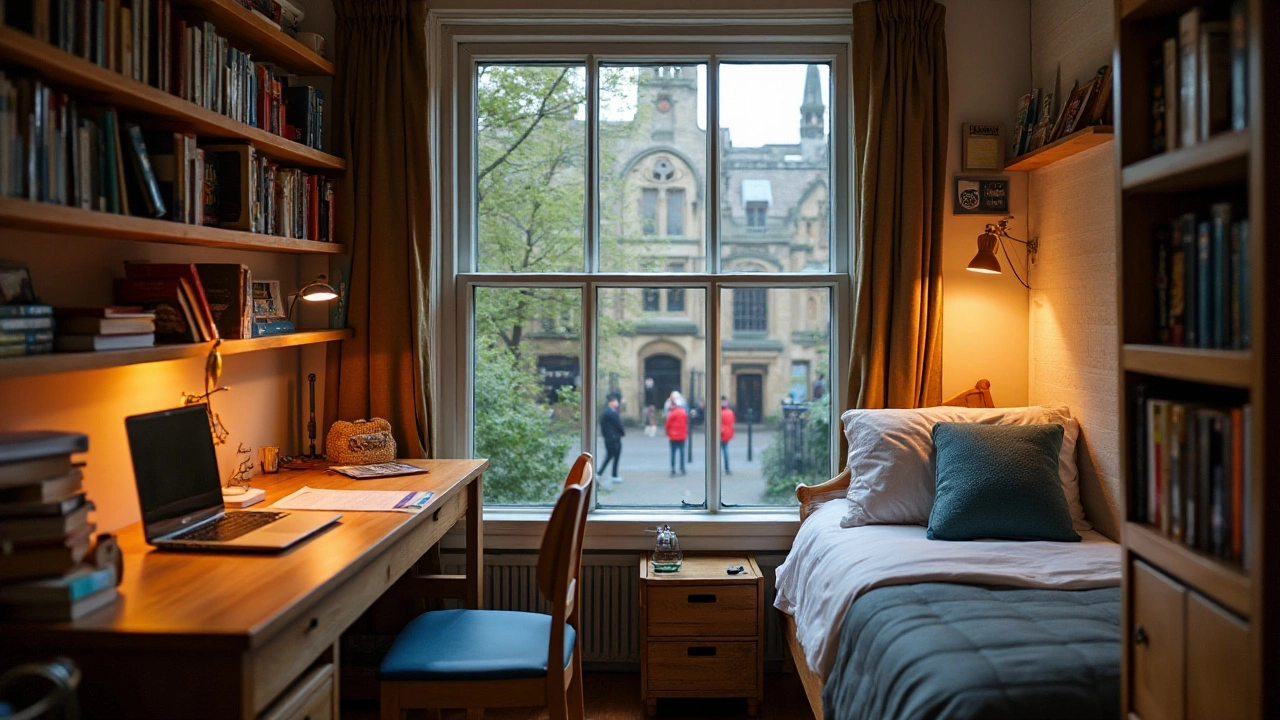Student Living Made Easy: Find the Right Rental and Keep Your Budget Happy
Looking for a place to call home while you study? You don’t have to waste weeks scrolling endless listings. With a clear plan, you can land a safe, affordable spot that’s close to campus and fits your lifestyle.
Start by listing the things that matter most: walk‑time to lectures, reliable Wi‑Fi, and a price you can actually pay. Use university housing boards, local Facebook groups, and sites that specialize in student rooms. When a listing looks good, set up a quick call or video tour before you travel. That saves time and weeds out scams early.
Location is a deal‑breaker. A flat near a tram stop or bus route can cut your travel time in half and lower transport costs. Check the neighbourhood at night – good lighting, low crime rates, and nearby shops are worth a few extra pounds in rent.
Next, crunch the numbers. Add rent, council tax, utilities, internet, and a buffer for groceries and fun. A common rule is that rent shouldn’t exceed 30‑35% of your monthly income. Use a simple spreadsheet or a budgeting app to see if the total fits your allowance, part‑time job, or student loan.
Sharing a place with a flatmate can slash costs dramatically. Before you sign, discuss who pays for what, cleaning duties, and guest rules. Write these agreements down, even if it feels formal – it prevents awkward arguments later.
Read the lease carefully. Look for the length of the contract, notice period, and any extra fees for things like parking or pets. Make sure the landlord knows their responsibilities for repairs; you shouldn’t be paying for broken heaters or leaking pipes.
Utilities are often the hidden expense that blows up a budget. Ask whether gas, electricity, and water are included in the rent. If not, check average monthly costs for the area so you can plan ahead. For furniture, consider second‑hand stores or university buy‑back programs – a cheap sofa and a desk can make a big difference.
Safety should never be an afterthought. Test the locks, look for working smoke alarms, and see if the building has secure entry. Keep a list of emergency contacts, including the landlord’s number and the local police non‑emergency line.
Quick Checklist Before You Sign Anything
- Confirm total rent plus bills fits your budget.
- Verify the property’s exact location and transport links.
- Read the lease for hidden fees and notice period.
- Agree on roommate responsibilities in writing.
- Check safety features: locks, alarms, and emergency contacts.
Staying Comfortable on a Student Budget
Buy bulk food staples like rice, pasta, and frozen veggies – they last long and cost little. Cook meals at home and use a shared grocery list with your flatmates to avoid duplicate purchases. Take advantage of student discounts on transport passes, streaming services, and gym memberships.
Finally, treat your rental as a learning experience. The skills you pick up – budgeting, negotiating, and maintaining a home – will pay off long after graduation. With the right approach, student living can be affordable, safe, and even enjoyable.

